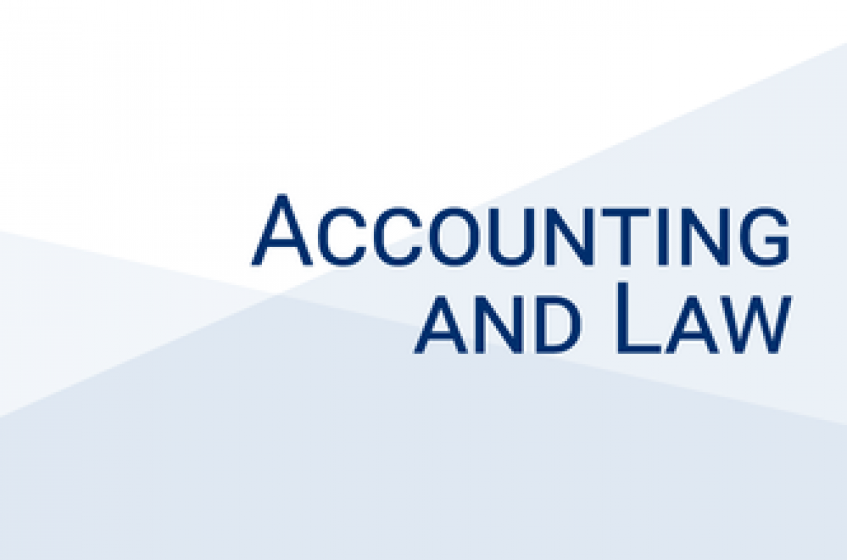Bank Accounting Discretion Over the Business Cycle ?
Mr. Han Yan
Ph.D. Candidate in Accounting
Department of Accounting
NYU Stern School of Business
This paper documents cross-sectional variation in how banks exercise accounting discretion over the business cycle, and it examines the effects of this behavior on the banks’ financial intermediation activities and financial stability. I first show that banks with limited deposits understate loan loss provisions in good times and thus overstate these provisions in bad times, while banks with large deposit bases do the opposite. The behavior of limited-deposit banks contrasts with prior findings that healthy banks manage provisions to smooth earnings over the business cycle. To explain this behavior, I present a stylized model in which banks with limited deposits understate provisions during good times to attract wholesale (i.e., nondeposit) funding and thereby enable additional lending. Consistent with this risk-taking channel, I find that during good times these banks delay provisions, especially when their performance declines, and this increases their wholesale funding and lending. I further show that this loan growth enhances the banks’ ability to delay provisions and thus enables more wholesale funding and lending. This feedback channel interacts with the risk-taking channel, functioning as an “accounting accelerator”. However, because wholesale funding is information sensitive and loan loss provisions cannot be delayed through bad times, the accounting-driven credit expansion in good times also exacerbates the severity of economic downturns, amplifying business cycle fluctuations and threatening financial stability.











